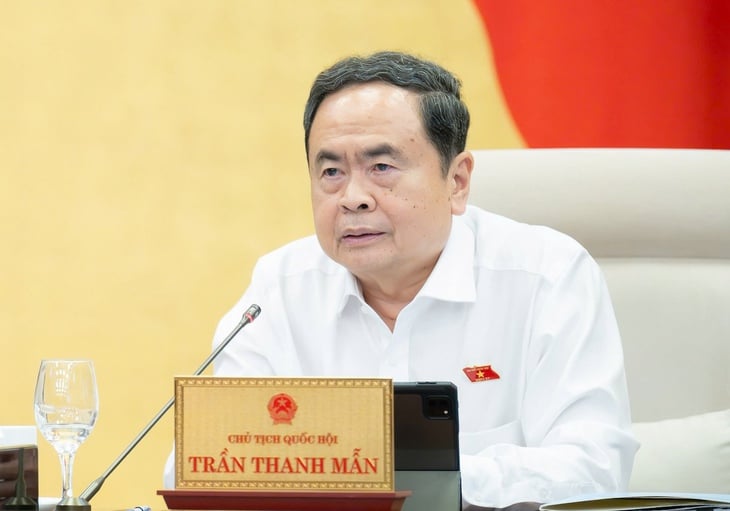
National Assembly Chairman Tran Thanh Man - Photo: GIA HAN
On the afternoon of October 16, the National Assembly Standing Committee gave opinions on the revised Construction Law.
Expanding the cases of exemption from construction permits
Notably, the draft amends regulations on construction permit issuance in the direction of expanding the subjects exempted from construction permits and simplifying procedures.
Specifically, implementing the principle from the preparation stage to the time of construction commencement, the state management agency on construction only controls each project and construction work once (each project and construction work only has to carry out 1 administrative procedure).
Accordingly, construction works subject to appraisal by specialized construction agencies do not need to be granted construction permits (works under public investment projects, PPP projects, large-scale business investment projects or works with great impact on safety and community interests).
For the remaining works, the state management agency on construction shall manage through construction permit procedures.
Simplify the conditions, procedures, and processes for construction permits to the maximum extent possible so that all of these construction projects are eligible to complete the entire online process. Simplification of documents and conditions must be consistent with land use planning and purposes.
To enhance the responsibility of design consultants in ensuring construction safety, the licensing authority only checks the consultants' performance results.
Accordingly, the time for licensing will be reduced to a minimum (expected to be a maximum of 7 days). Specific contents will be stipulated in a detailed decree.
Reporting on the review of project establishment, appraisal and construction investment decisions, Deputy Chairman of the Committee for Science , Technology and Environment Tran Van Khai said that the new draft law only stipulates the appraisal authority for public investment projects, PPP and business investment, but has not clarified the group of "other construction investment projects".
Therefore, it is necessary to supplement specific regulations on appraisal authority for projects using other budget capital, ODA capital or preferential loans to avoid leaving legal mechanisms vacant.
According to Mr. Khai, there are opinions suggesting not to strictly stipulate that "construction professional agencies" must directly appraise, in order to avoid overlapping functions between state management agencies and appraisal organizations.
At the same time, create conditions for socialization of appraisal activities, improve efficiency and transparency in construction investment management.
Regarding construction permits, some argue that permits are not "barriers" but tools to protect rights and social order; the problem lies in the quality and licensing process.
Therefore, it is necessary to simplify the process, clearly define responsibilities, processing time limits and publicize information for people and businesses to monitor.

Deputy Minister of Construction Bui Xuan Dung presents the report - Photo: GIA HAN
Every investor wants to "skip the steps"
Speaking at the meeting, Chairman of the Delegation Work Committee Nguyen Thanh Hai was concerned about changes in administrative procedures, shifting from pre-inspection to post-inspection, from 20-30 days down to 10-15 days.
"This is a positive step forward in modern management, but when implemented in practice it risks reducing effectiveness," she said.
Accordingly, allowing post-inspection needs to be consistent with the Investment Law, Bidding Law, and Environmental Protection Law, otherwise it will lead to a situation where investors have to face many parallel inspection agencies.
The 15-30 day violation handling time will not be enough to handle complex violations, especially PPP projects.
Some experts say that if post-inspection is eliminated, issues related to construction permits and construction use permits, and conditions for putting constructions into operation need to be regulated more clearly.
"Recently, fires and explosions in buildings that, upon inspection, did not meet fire prevention and fighting conditions (PCCC)... are also practical problems. This needs to be assessed very carefully.
If we put it into law and immediately apply it to all projects, it will be a huge change. We need to add specific regulations on digital post-audit tools, such as connecting with the National Data Portal, risk criteria in classifying projects, and how strong the sanctions are to avoid abuses in post-audit delegation...", Ms. Hai commented.
National Assembly Chairman Tran Thanh Man said that a project must have strict regulations on construction.
The draft law assigns investors to appraise and control construction designs after the project is approved, but there is no mechanism to control and supervise investors' self-appraisal of designs.
He said that every investor wants to "skip the steps", to do the project straight away without profit. There are projects with fire protection designs, but when an incident occurs, when you turn on the tap, there is no water...
"It is necessary to do it properly and according to standards to manage it," he cited and proposed adding the responsibility of inspection and supervision of state management agencies for the design appraisal work of investors, in the direction of post-audit.
Regarding construction permit exemption, he suggested research, clear post-inspection regulations, public information, avoiding abuse or lax inspection, ensuring environmental technical requirements, fire prevention...
Source: https://tuoitre.vn/mo-rong-truong-hop-duoc-mien-giay-phep-xay-dung-thoi-gian-cap-phep-toi-da-7-ngay-20251016161814163.htm




![[Photo] General Secretary To Lam attends the 18th Hanoi Party Congress, term 2025-2030](https://vphoto.vietnam.vn/thumb/1200x675/vietnam/resource/IMAGE/2025/10/16/1760581023342_cover-0367-jpg.webp)

![[Photo] Nhan Dan Newspaper launches “Fatherland in the Heart: The Concert Film”](https://vphoto.vietnam.vn/thumb/1200x675/vietnam/resource/IMAGE/2025/10/16/1760622132545_thiet-ke-chua-co-ten-36-png.webp)

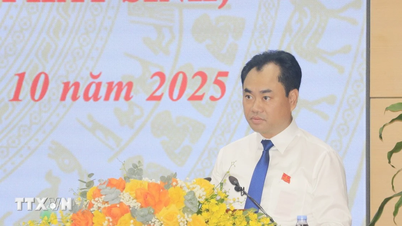

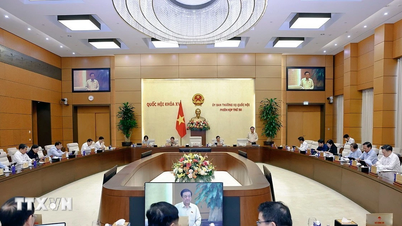


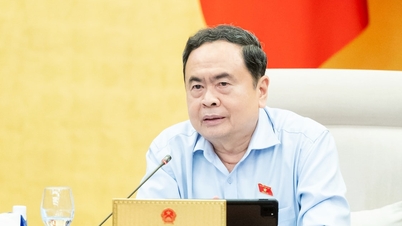

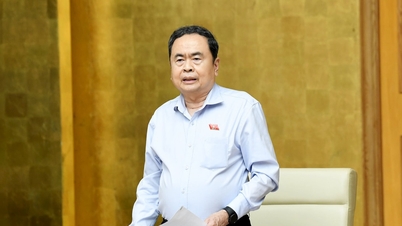
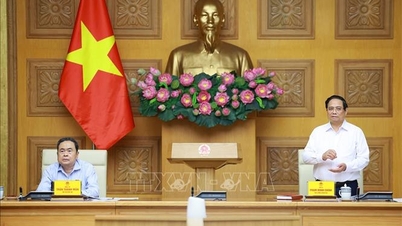

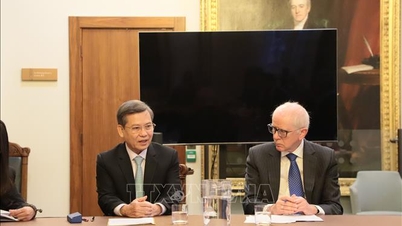

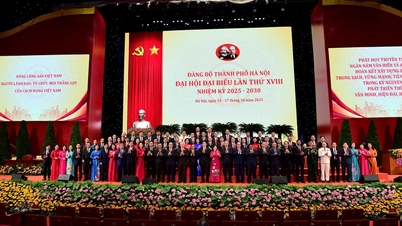
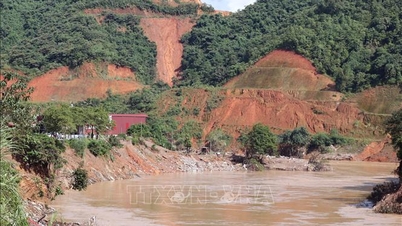





















![[Video] TripAdvisor honors many famous attractions of Ninh Binh](https://vphoto.vietnam.vn/thumb/402x226/vietnam/resource/IMAGE/2025/10/16/1760574721908_vinh-danh-ninh-binh-7368-jpg.webp)


























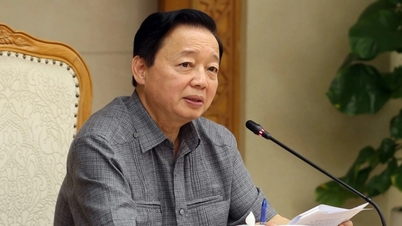








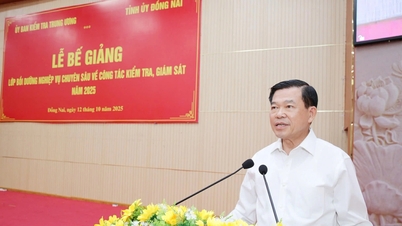

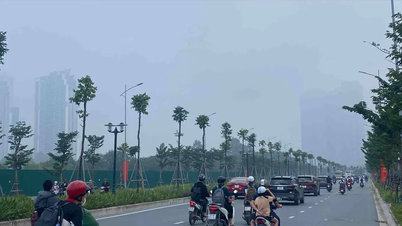






















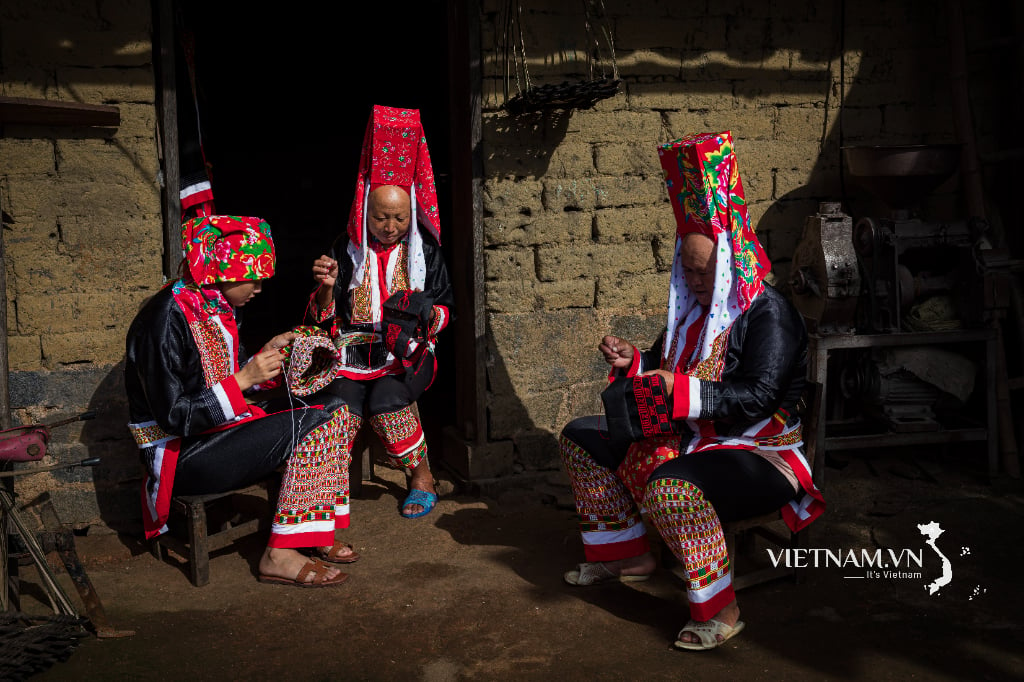

Comment (0)